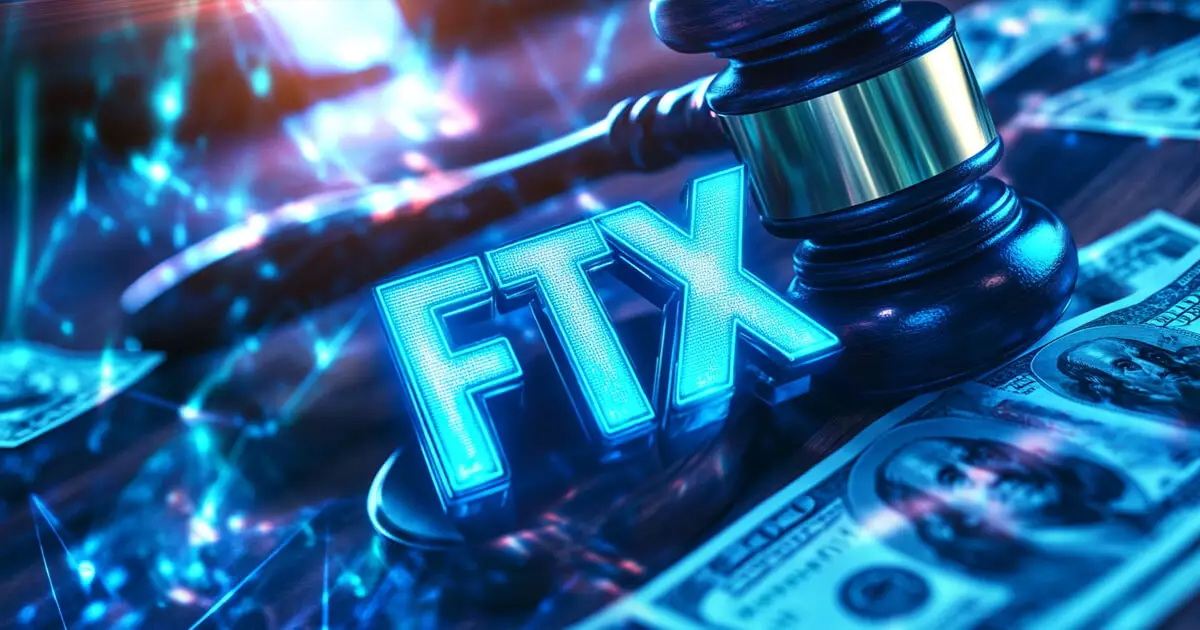FTX, once a leading cryptocurrency exchange, has taken significant steps toward recovery following its catastrophic collapse in November 2022. The company, along with its affiliated debtors, has announced a robust plan for reorganizing under Chapter 11, aiming to commence distributions to creditors and customers by January 2025. This timeline marks a pivotal turning point for an organization that once held a dominant position in the crypto market before imploding due to mismanagement and financial misconduct.
The release of the firm’s preliminary schedule indicates that specialized distribution agents will finalize their arrangements by December. This development is crucial as it prepares the groundwork for affected customers to establish accounts via FTX’s customer portal. Transparency regarding repayment dates is expected in the same month, contingent on securing court approval for the Disputed Claims Reserve Amount. The impending reimbursements bring a semblance of hope to the millions of users who have faced uncertainty and financial distress since the FTX fallout.
Distribution Strategy and Initial Payments
The first wave of distributions is slated to begin in January 2025, initially targeting those categorized within the Convenience Classes. This phase is designed to occur within 60 days of the effective date, signaling a structured approach to reparations. FTX CEO John J. Ray III expressed optimism about the distribution timeline, acknowledging the diligence of professionals who have worked tirelessly to recover billions for creditors and customers alike. This public assurance is critical; it helps restore some degree of confidence among stakeholders who have endured a lengthy waiting period.
The recent approval of a $16.5 billion recovery plan by U.S. Bankruptcy Judge John Dorsey marks another noteworthy milestone. This plan prioritizes the interests of FTX customers, ensuring that their claims are settled before any obligations to government entities. That strategy reflects a considered approach to entangled bankruptcy and insolvency proceedings, which often prioritize creditors in a manner that leaves consumers vulnerable. However, the total funds available for recovery may fluctuate, potentially dropping to about $14.7 billion after cash conversions, emphasizing the precarious nature of financial recovery in such volatile environments.
The Aftermath of FTX’s Collapse
The collapse of FTX not only devastated the company’s financial standing but also inflicted serious harm on nearly 9 million customers and investors. The fallout stemmed from the misallocation of funds by founder Sam Bankman-Fried and other executive team members, who engaged in reckless financial practices that ultimately misguided investor trust. This case serves as a cautionary tale in the volatile world of cryptocurrency, highlighting the urgent need for greater regulatory oversight and accountability within the industry.
At this juncture, FTX’s commitment to its recovery plan presents a cautious yet hopeful outlook for creditors and customers. While the timeline conveys proactive measures to right past wrongs, stakeholders remain wary until tangible outcomes materialize. As the company navigates through bankruptcy proceedings and seeks to reinstate trust among its users, the upcoming months will be pivotal in determining whether FTX can genuinely emerge from its turbulent past or if it will remain a cautionary tale for the cryptocurrency sector.








